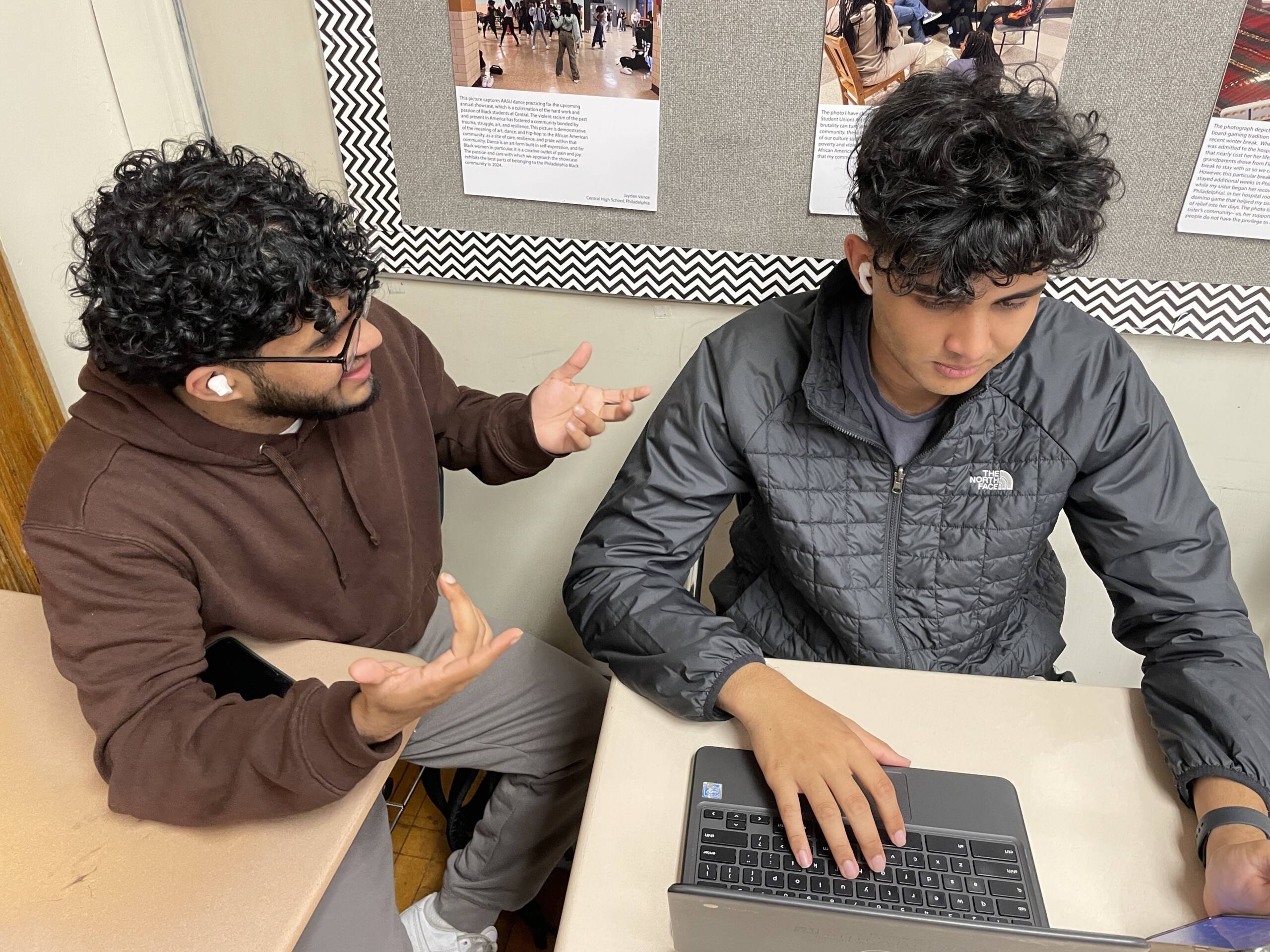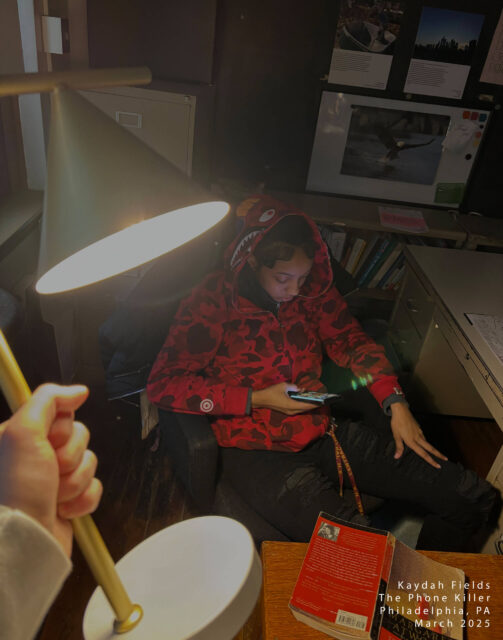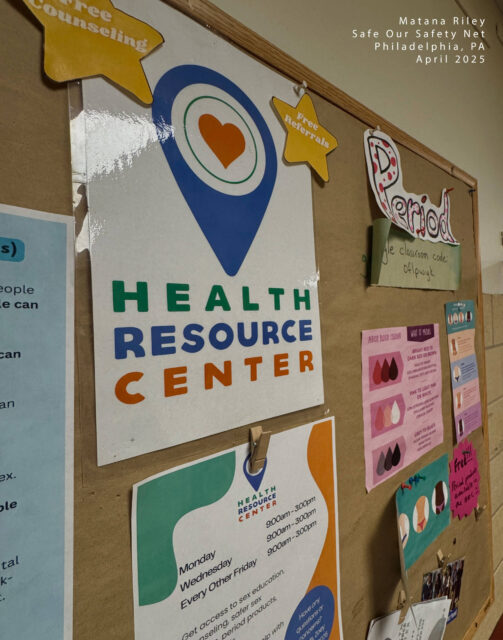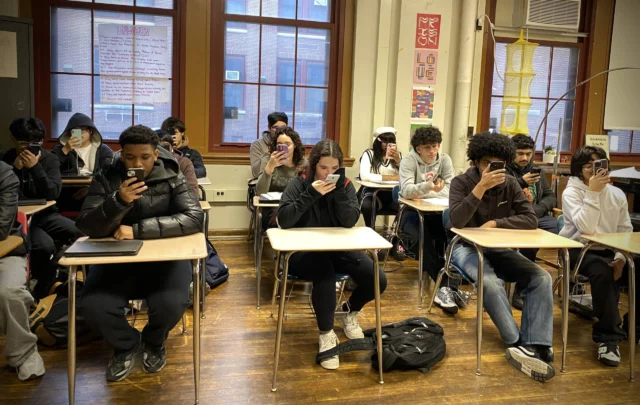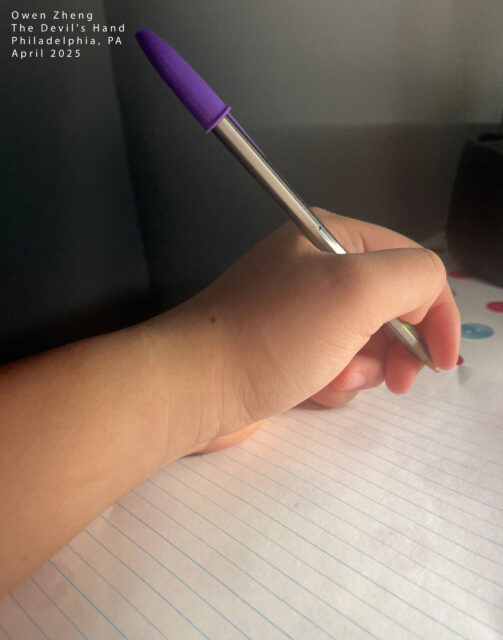
Eden Cooper
<p><strong>Introduction</strong><br />
Start by opening up your phone, going to settings, and viewing your screen time. I wonder what number you see? The average person is awake for 16-17 hours a day, The average screen time for a teen is 8 hours and 39 minutes daily (Average Screen Time for Teens, 2025). So the majority of the time during the day, a teenager is spending their time watching a screen, and that’s not including other sources of technology. I am someone who brings my phone with me 24/7 so shocker, I’m way above the average. I use my phone daily, like putting on a show when eating, doom scrolling on TikTok for hours rather than doing homework, or just carrying it to the next room for “comfort”, my phone is practically an extension of me. I hate to say it, I’m addicted to it, as are most of you. With this addiction and growing up, I have realized how negatively it affected my development and the things I experienced because of my easy access to social media. But, I don’t want you to think I don’t enjoy all of the benefits a phone brings, trust me, I do, and I actually love being in a generation with phones to a certain extent. But, I am here to show the other side. With over 276 million smartphone users in the U.S. as of 2024 (How Many People Own Smartphones in the World?,2025), phones are everywhere. While they offer connection, they’re also taking something crucial from us, our mental health and social connection. The widespread use of smartphones has led to increasing social isolation and rising mental health issues by replacing real world interaction, fostering addictive habits, and exposing younger audiences to harmful content.</p>
<p><strong>Smartphones and Social Isolation</strong><br />
As someone who finds it hard to open up, I use my phone to avoid situations rather than engaging in what could be awkward conversations. Not realizing how detrimental this is for myself and how it can further hinder my way in speaking to others. It can harm one’s communication skills and actually make them more anxious. I know, being 17, that I come from what is most likely the last generation of kids to not rely on phones as entertainment growing up. We would be outside and interact with the kids on our block, play tag, go to the park on hot days, and stay out till the street lights went out. While personal experiences highlight the emotional toll of smartphones, this issue extends far beyond just me, it’s affecting an entire generation. I look at these young children growing up. I often fear for them. I see kids with phones at the ripe age of 6 or even 7 and wonder the damage it does to their minds. Seeing kids just glued to their tablets or phones and not even wanting to get up or play. But, it isn’t just kids, it’s teenagers and adults too. We are just as bad, maybe even worse. My mom often tells me how addicted I am to my phone and how it’s affecting my school work and interacting with people. But, I have trouble even listening to her because she’s the same person scrolling on Instagram reels for hours and hours or making a new Facebook post. She doesn’t even realize, but she’s addicted too. That’s the thing, phones are so normalized that we can’t even see how addictive they really are for everyone. The real developmental shifts are happening and and it’s replacing authentic connection with screen time. We need to recognize how screen time is changing the way we form relationships. This isolation proves how smartphones disrupt essential social development and replace valuable human interaction.</p>
<p><strong>Mental Health Impacts of Social Media</strong><br />
For many of us, social media apps dominate our screen time. According to a 2025 study by Columbia University, it claims that constant notifications and updates from phones can create a sense of urgency and a fear of missing out, leading to increased anxiety and stress. Also, an excessive use of phones can interfere with sleep, which is crucial for mental health. Studies have shown a correlation between heavy social media use and depression, anxiety, loneliness, and suicidal thoughts. The platforms are designed to be addictive, using algorithms that feed users content based on their preferences and interactions, keeping them engaged for longer periods. I, living during this time have fallen into this trap as many of you have as well. This gave me perspective on how negative phones have become for this generation and it will only lead to worse if we keep feeding into it. We need to stop thinking it’s just “harmful scrolling” when the consequences can be so deep. Now imagine all of this being brought onto a 6-year-old? How damaging could that possibly be? Growing up, kids mimic things around them, so who’s to say they won’t mimic what they see on social media as well? The addiction to phones is a stepping stone that leads to mental health crisis among youth.</p>
<p><strong>Harm to Youth Development & Safety</strong><br />
Let’s now talk about how early exposure to smartphones affects children and teens. For young girls, I worry about the negative posts that will later cause insecurities in them. Videos and pictures on social media platforms of other people that can trigger intense episodes of self-comparison in preteens or teen girls. Because of their still developing brains, they may process this self-comparison in ways that can pose real risks to their mental health and lives. False narratives and unrealistic beauty standards are causing them to think they should have a bbl at 16. Or look like a 21-year-old model when their bodies aren’t even fully developed. According to the Dove self esteem project, 80% of girls feel worse about their appearance after scrolling on social media. Boys are being influenced too. The stuff posted on the media, one could argue it’s causing young boys to develop toxic masculinity morals and or ideas. A prime example is Andrew Tate, who built his entire brand around hating women, misogyny, and harmful gender norms. A majority of his audience are teenage boys. How would you feel if your son were listening to a man who stated, “Women should bear responsibility for being sexually assaulted”? Young boys will hear such things and agree because they see Tate as a figure to look up to, because of his huge following. With young children having easy access to social media, who’s to say older, preying adults don’t as well? It opens doors for online predators, reports estimate 500,000 online predators active each day, and over 50% of those victims are between the ages of 12-16 (Children and Grooming/Online Predators, 2024). I have experienced older men trying to contact me online, and often didn’t know what to do in these cases. Children are naive and don’t have enough guidance to understand it’s wrong. It’s also just a harmful situation to be in for someone who is a minor, but not being in control of phones has led to this. These kids shouldn’t wait to grow up and learn from themselves how detrimental it was to experience such things. We need to warn them and not allow for these situations to happen, or else it will be a reality for all children. I know if most parents decided right now to go through their children’s phones, they’d be scared of all the scary things they’d find or even how many dangerous things they can access. We aren’t just talking about screen time anymore. We’re talking about the psychological and even physical safety of children. And yet, phones are handed over with barely any limit. Proving how unregulated phones expose young users to emotional harm.</p>
<p><strong>Smartphones can also help, if used right</strong><br />
While it’s been a belief that smartphones contribute to isolation and mental illness, they can also be a positive thing, if anything, that’s what they were meant for. It can reduce feelings of loneliness and improve mental well being when used mindfully. Smartphones can also offer instant access to support networks, allowing people to stay connected with family and friends regardless of distance. For individuals who may struggle with in person interaction, like those with social anxiety or physical disabilities, smartphones can provide a vital means of communication and community. Moreover, smartphones give users access to mental health resources like therapy apps, meditation guides, and crisis support hotlines. These tools can empower users to manage their mental health more proactively.<br />
Ocverall, it’s not just the smartphone itself that causes harm, it’s how it’s used. With healthy habits and intentional usage, smartphones can be a powerful tool for connection and mental health support rather than a source of harm. That is, if parents manage the use of smartphones wisely, they can be used as a powerful tool rather than allowing them full access to toxic information, or for addictive habits to occur if screen time isn’t managed. Whether we allow it to dominate or support our lives.</p>
<p><strong>Conclusion</strong><br />
The rise of smartphones has contributed significantly to increasing isolation and mental illness in modern society. While technology was meant to connect people, it has instead often replaced genuine human interaction with screen time, developing addictive behaviors and unhealthy social media use.<br />
Smartphones are the reason we humans have access to social media, which is also a problem due to the harmful effects of the things shared online. As we continue to rely on smartphones, it becomes increasingly important to recognize and address these negative impacts to protect our ownself and the future generations mental well being and rebuild meaningful, real world connections. Now, if you have children, young siblings, or cousins, watch them carefully, make sure they are a person outside of their phone, and don’t allow the toxicity phones can bring to take over them. Limit screen time for young children, encourage face to face interactions, and talk to the children in your life about the dangers of unchecked phone use. Hopefully, we will see a shift in smartphones and create a future where smartphones serve us and don’t control us.</p>
<p>Works Cited</p>
<p>Duarte, Fabio. “Average Screen Time for Teens”, 4 Apr. 2025,<br />
https://explodingtopics.com/blog/screen-time-for-teens.</p>
<p>Sunil, Gill. “How Many People Own Smartphones in the World?”, 1 Jan. 2025, https://prioridata.com/data/smartphone-stats/</p>
<p>Columbia University Department of Psychiatry. “Smartphones, Social Media, and Their Impact on Mental Health”, 2025,<br />
https://www.columbiapsychiatry.org/research/research-areas/child-and-adolescent-psychiatry/sultan-lab- mental-health-informatics/research-areas/smartphones-soci</p>
<p>Michael, E. Kraut. “Children and Grooming/Online Predators”, 2024, https://childsafety.losangelescriminallawyer.pro/children-and-grooming-online-predators.html</p>
<p>BBC, “Who is Andrew Tate? The self-proclaimed misogynist influencer”, 27 Feb, 2025, https://www.bbc.com/news/uk-64125045</p>
<p>Trista S. “How Your Smartphone Can Help and Hurt Your Mental Wellness”, 14 Feb, 2023, https://peakbehavioral.com/how-your-smartphone-can-help-and-hurt-your-mental-wellness/<br />
Dove Self Esteem Project. “Impact of Social Media on Teen Girls, Body Image” 2023,</p>

